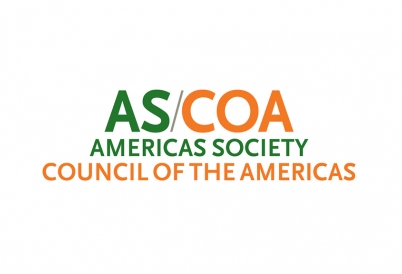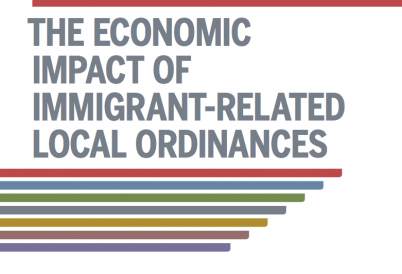"The Institutional Revolutionary Party favors having an agreement with the United States that allows free transit for those who live [in the United States], and those who will eventually participate more in the U.S. economy," said Enrique Peña Nieto during his public presentation at AS/COA November 17. (en español)
American cities that apply restrictive immigration laws have higher rates of poverty and unemployment, concludes the Americas Society report: The Economic Impact of Immigrant-Related Local Ordinances.
Roderick Royal talks with AS/COA about the effects of immigration law HB56 in Birmingham and beyond.
Influential city legislators from Birmingham, Nashville, and New York City gave first-hand accounts of how immigrants and immigration policy are affecting their communities.
The U.S. Immigration and Customs Enforcement announced a record number of deportations for 2011—a fact which may have repercussions in next year’s election.
This Americas Society white paper provides the first comparative look at the average economic effects of how restrictive versus non-restrictive immigration-related city ordinances affect a business environment. Using statistical analysis, the report demonstrates that non-restrictive city ordinances are better for an overall jobs environment.
With Hispanic Heritage Month underway, Mayor Castro discusses the country’s growing Latino population and immigration reform.












